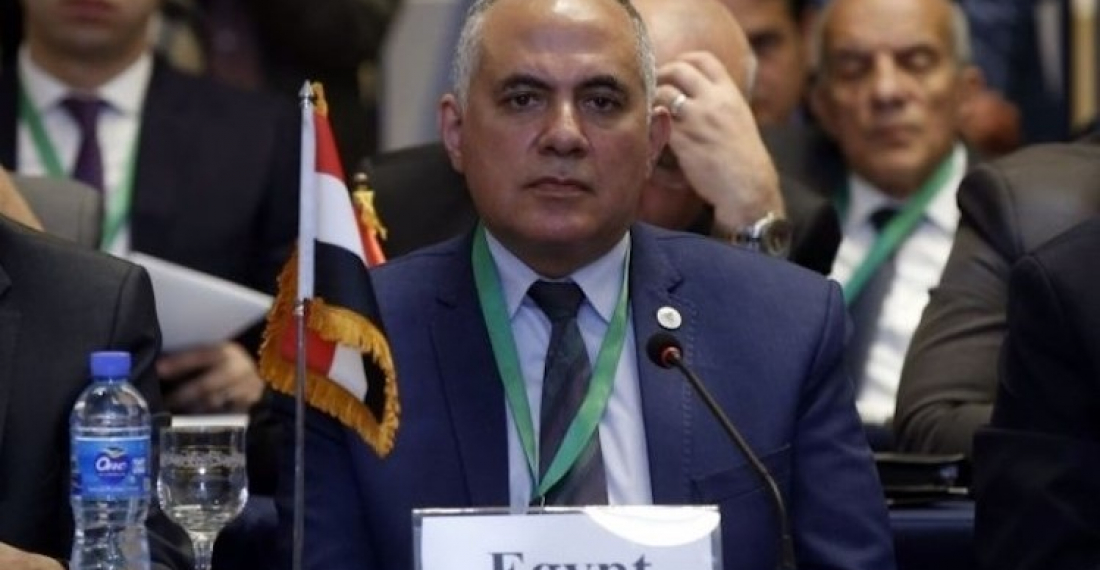Negotiations around the Grand Ethiopian Renaissance Dam (GERD) dispute between the Nile basin countries has been stalled since Ethiopia completed the second filling of the dam. Contrary to Egypt’s fears, the dam is yet to be fully constructed and completely filled. Meanwhile, Algeria is preparing to begin a round of mediation between Egypt, Sudan and Ethiopia.
Egypt has been quiet for about a month over the GERD situation until President Abdel Fattah El Sisi stated recently that a binding agreement must be reached and that Ethiopia is maintaining a low profile on its water consumption and not disclosing accurate figures.
It is believed that Egypt has been cautious for the past few weeks over the GERD crisis as local tensions refuelled in Ethiopia and the Egyptian state has been waiting and observing the domestic situation.
The incomplete filling of the dam and the delayed construction also provided Egyptians with a sigh of relief.
Algeria tried last month to mediate between the parties but failed to reach any breakthrough. Its subsequent efforts have been stalled due to the wildfire crisis in the Mediterranean during the summer. Egypt’s Minister of Irrigation and Water Resources, Mohamed Abdel-Ati, appeared cautious in remarks to AlJazeera, stating that if Algerian efforts do not lead to results, there is no point in them.
Late last month, the Sudanese prime minister, Abdalla Hamdok, anticipated that a solution to the GERD issue will soon be reached “within the framework of international law”, and praised Algeria’s initiative to solve the crisis.
However, experts indicated that any solution is not likely to happen soon because the Ethiopian state is unlikely to change its position given the current domestic political and security situation.







